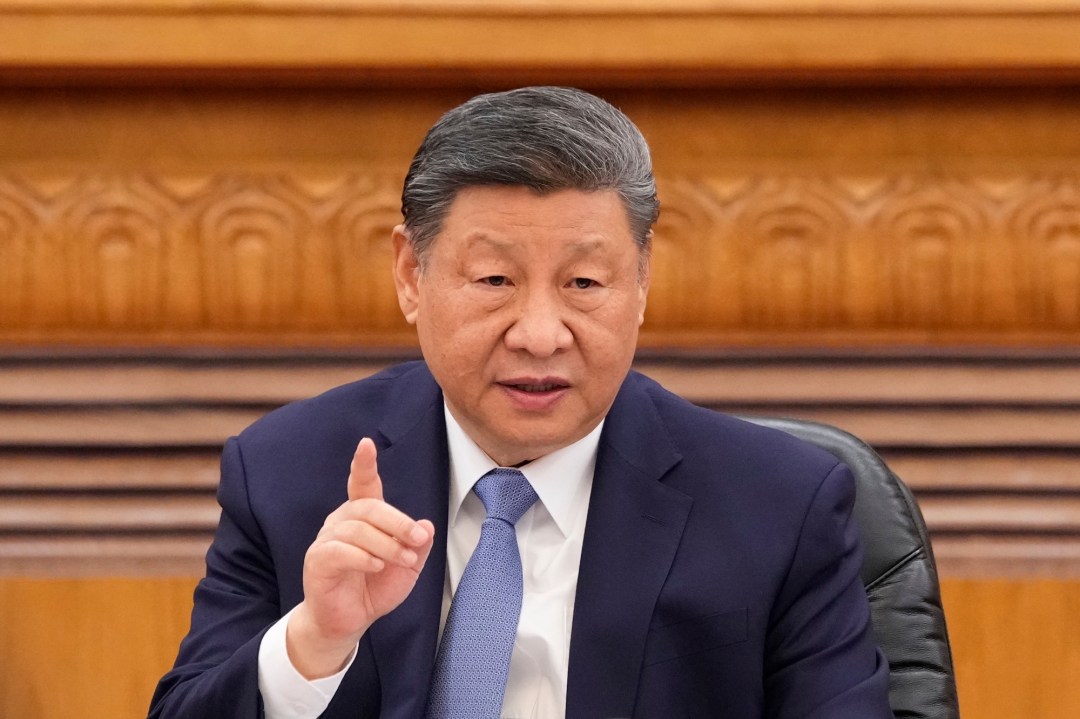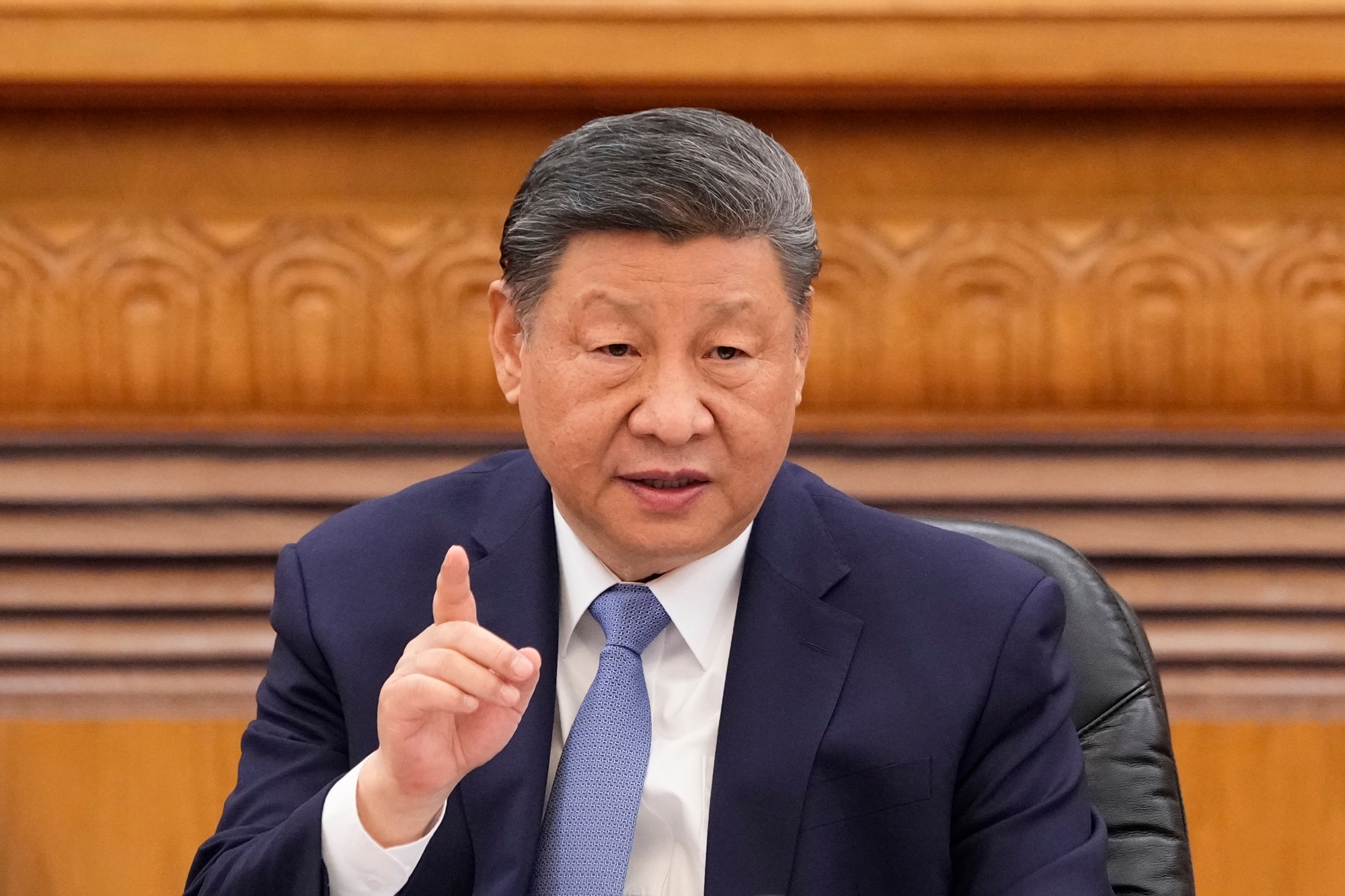China has retaliated against Donald Trump by raising duties on all American imports to 125 per cent from 84 per cent, declaring that it has no interest in responding further to what it calls a ‘joke’ policy. The higher rate will come into force from tomorrow. The announcement comes after the White House’s clarification that tariffs on Chinese exports have climbed to 145 per cent this year – a move China’s commerce ministry described as ‘economically meaningless’ and a tool for ‘bullying and coercion’. The world’s two largest economies exchange goods worth around $700 billion annually.
Beijing has made it clear that it considers American goods effectively unmarketable within its borders. ‘If the US further raises tariffs on Chinese exports, China will disregard such measures,’ the foreign ministry declared. Yet it also warned that any further infringement of Chinese interests would provoke a ‘resolute counterattack’. Chinese authorities also slashed the number of American films allowed into cinemas and advised students to think twice before studying in the US. Goldman Sachs has revised China’s growth forecast for 2025 down to 4 per cent.
Financial markets, already reeling from the recent tariff tit-for-tat, responded with fresh jitters. Futures on the S&P500 and European indices fell, while the dollar extended its decline, dropping more than 1 per cent on the day. Bloomberg’s dollar index hit a three-year low against the euro, which surged past $1.14. Japan’s Nikkei 225 closed down 3 per cent, while oil prices registered a second consecutive week of losses.
China would ‘stay confident, remain calm, and focus on managing its own affairs’, Xi Jinping said, stressing that China’s development ‘has never relied on the goodwill of others’. He warned that countries acting unilaterally risked international isolation.
Josef Gregory Mahoney, professor of international relations at East China Normal University, called the latest moves a ‘dead end’ for the current phase of tariff aggression. ‘This isn’t an off ramp,’ he said. ‘It’s a cul-de-sac.’
Rachel Reeves said the government remained committed to securing a deal with Washington that protects British jobs and industry. She also stressed the importance of strengthening ties with other partners. This week she hosted her Indian counterpart in London and will travel to Poland for meetings with European finance ministers.








Comments